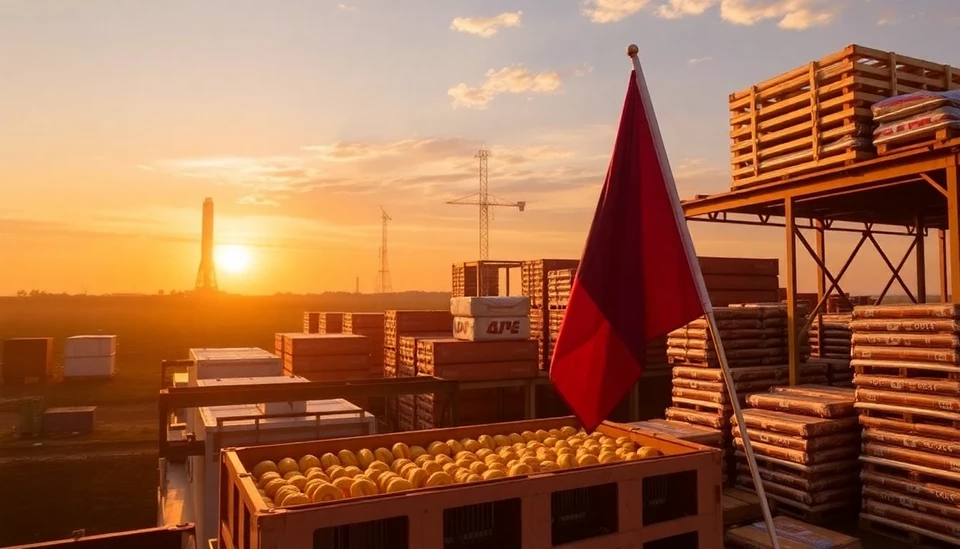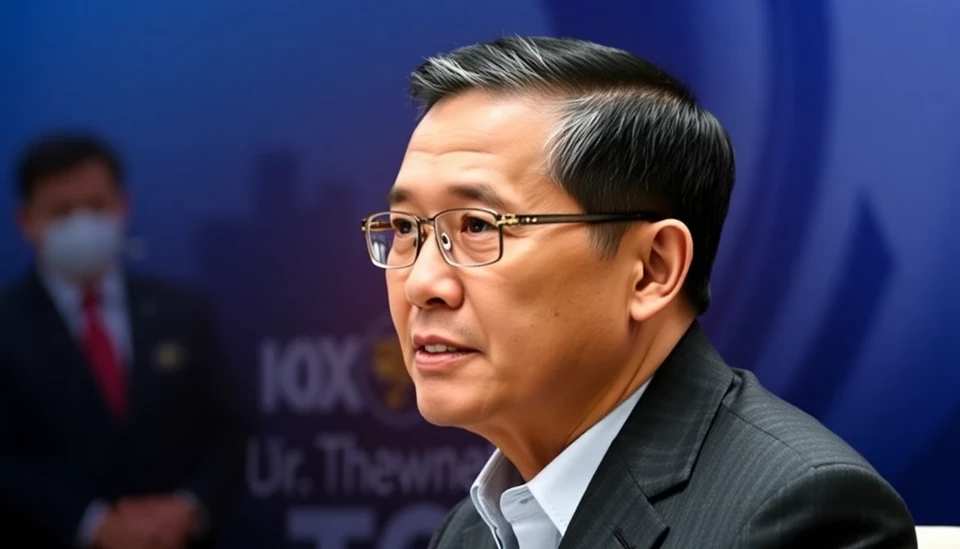
The Thai government announced on April 22, 2025, that discussions with the United States regarding tariffs imposed during Donald Trump’s presidency have been postponed. The decision comes at a critical time as Thailand seeks to reassess its trade strategies following evolving economic conditions.
These negotiations center on tariffs that were previously set on specific Thai exports, which have had a significant impact on the country's trade relationships. Thailand, heavily reliant on exports, has been in ongoing discussions with U.S. officials to seek relief from these levies. However, the recent delays cast uncertainty over the potential for a favorable resolution.
Thai Trade Minister Jurin Laksanawisit expressed disappointment over the postponement but emphasized the need for continued dialogue to address the tariff situation effectively. He highlighted that these tariffs not only affect Thailand’s trade balance but also have repercussions for American consumers, as they impact the cost of goods imported from Thailand.
Sources within the Thai government have indicated that the postponement is tied to internal reviews and assessments of the impacts of these tariffs on various sectors within the economy. The aim is to develop a more robust negotiation strategy before re-engaging in discussions with U.S. trade representatives.
The Trump administration’s tariffs, implemented as part of a broader protectionist agenda, had created significant trade tensions, and the current Thai government is keen on finding a path forward that fosters mutual economic benefits. Analysts believe that a stronger negotiating position will not only serve Thailand’s interests but may also lead to a more stable and predictable trade environment.
As the Thai government prepares to recommence talks, it remains keenly aware of the geopolitical dynamics at play and the necessity of maintaining strong trade ties with the United States. The outcome of these discussions could have far-reaching implications not only for Thailand but also for the broader Southeast Asian economic landscape.
While the specific timeline for rescheduling these discussions remains unclear, stakeholders in both countries are hopeful for a constructive outcome that fosters better trade relations. With the global economic landscape continually shifting, the importance of robust bilateral trade agreements cannot be overstated.
As this situation develops, Thailand will undoubtedly prioritize its international trade strategy to adapt to any changes and pressures stemming from these tariff negotiations.
#Thailand #USTrade #TariffTalks #TradeNegotiations #Economy #InternationalRelations
Author: Daniel Foster




